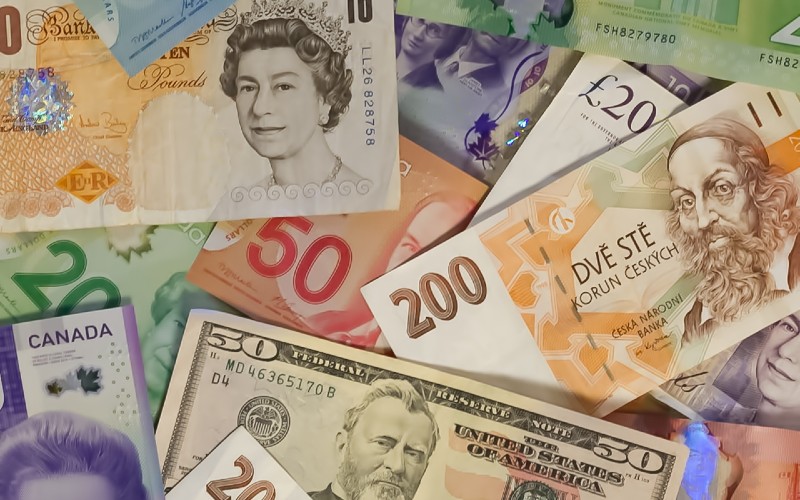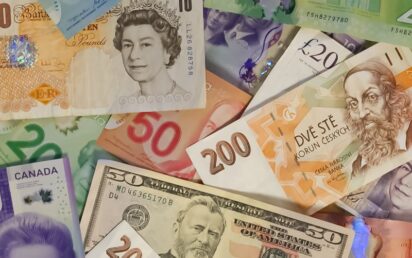The foreign exchange is one of the largest and lucrative entities of its type anywhere in the world, with this global marketplace worth an incredible $2.409 quadrillion at the end of 2020.
However, this market is also inherently volatile, while it’s inflated leverage and relative complexity means that not everyone who wants to participate in the exchange is keen on the notion of direct or everyday trading.
Fortunately, there are several other forex careers available to financial professionals within the industry. These include:
1. A Forex Market Analyst or Strategist
Typically, a forex market analyst (who may also be referred to as a currency researcher or strategist) works directly for a brokerage firm and carries out continuous research in the exchange’s trends, shifts and price movements.
Subsequently, they’ll pen daily market commentaries to provide real-time insight to traders, discussing influential factors such as macroeconomic trends and monetary policy alongside the geopolitical issues that have a direct impact on currency prices.
In this role, you’ll utilise technical, fundamental and quantitative analysis to inform your options, while this must be matched by an ability to write high quality content that conveys information in a concise and actionable manner. To this end, you’ll have to demonstrate an analytical mind and at least a bachelor’s degree in economics, finance or a similar discipline.
The average UK salary for this role is £36,848, and while you can potentially make more as an actual trader, this represents a guaranteed and reliable stream of income.
2. A Forex Account Manager or Professional Trader
If you’ve already dabbled in trading and achieved at least some form of demonstrable success, you may want to develop your career and establish yourself as a professional forex trader.
In this role, you’ll actually typically undertake the duties of a forex account manager, who oversees currency mutual funds and hedge funds and are required to make high value buy and sell decisions on a daily basis.
Additionally, institutional investors such as banks and multinational corporations may choose to hire professional traders of this type, in a bid to hedge against foreign currency value fluctuations and safeguard their financial interests. In some capacities, you may also be tasked with managing individual forex accounts in the private sector, making real-time trade decisions based on each individual client’s goals and risk tolerance.
The average salary for a forex account manager in the UK is £34,202, although this can rise significantly higher when representing large private corporations or central banks.
3. A Forex Software Developer
There’s a pressing need for skilled software developers across a wide range of industries in the modern age, from online gambling and gaming to ecommerce and healthcare.
Interestingly, software developers are also in high demand in the forex market, primarily to liaise with brokerage sites and create proprietary trading platforms to deliver a comprehensive and secure trading experience.
These platforms must operate seamlessly and allow individual traders to access a diverse range of different datasets in real-time, from currency price information and technical indicators to similarly analytical tools. Retail traders also often utilise charts to analyse the market’s price movements, and this information must be displayed in a quick, simple and efficient manner.
Qualifications to work in this type of role include a bachelor’s degree in computer science or computer engineering, while you’ll have to demonstrate a variety of transferable skills and knowledge of common operating systems like UNIX, Linux and Solaris.
Software developers within the forex market can earn up to £80,000 per annum, while commanding average hourly remuneration of £41.03 (making it one of the most rewarding careers in the sector).
Partner content

